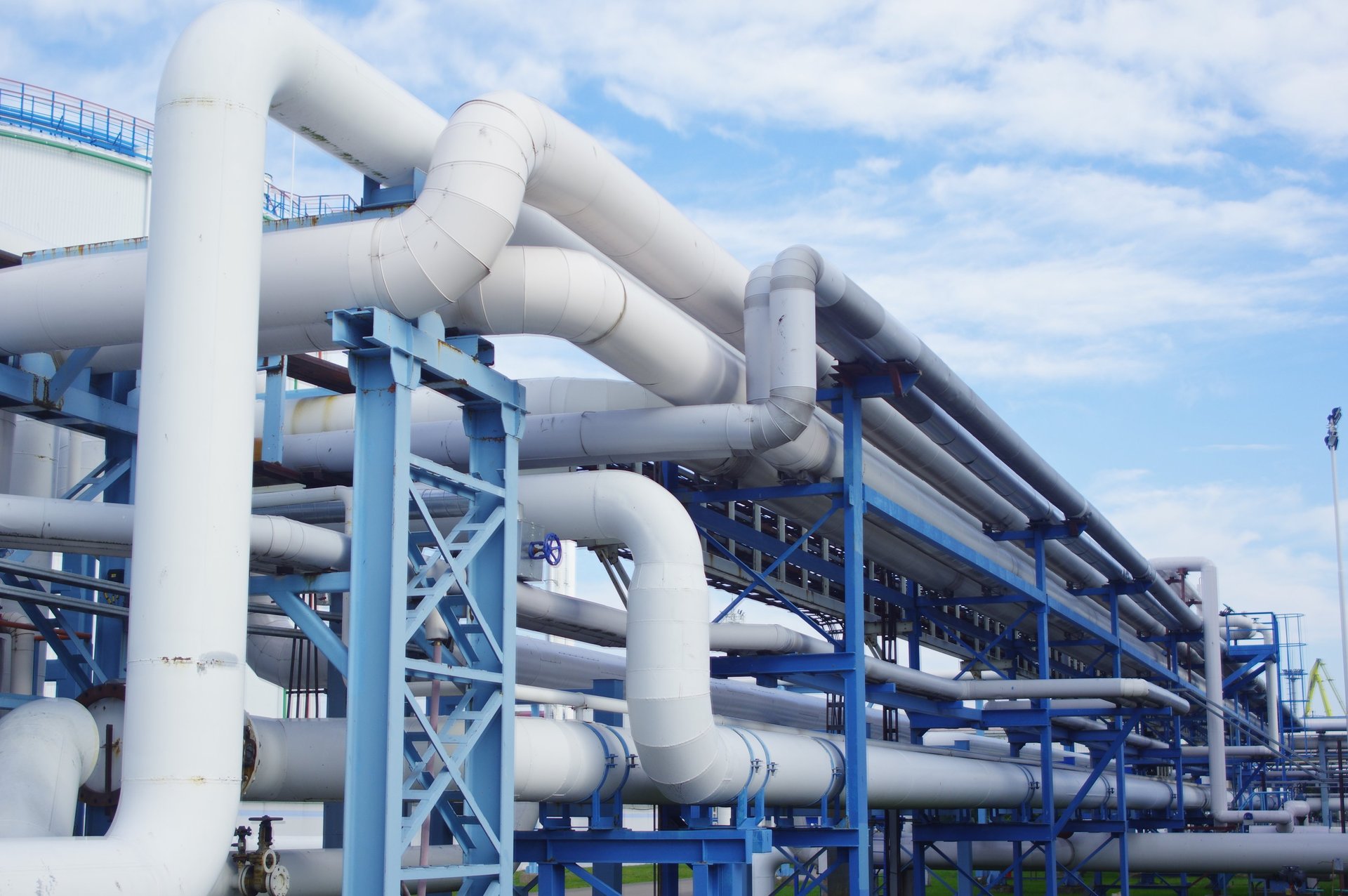
Piping Stress Analysis
Requirements, Software, Courses, Fees, and Job Opportunities
INDUSTRIAL PROJECTS
3 min read
Piping stress analysis is a critical engineering discipline in oil and gas, petrochemicals, power generation, and pharmaceuticals. It ensures piping systems can withstand operational loads, thermal expansion, pressure, and external forces while maintaining safety and compliance with standards. This blog explores the requirements, software tools, training courses, associated fees, and job opportunities in piping stress analysis.
What is Piping Stress Analysis?
Piping stress analysis evaluates the structural integrity of piping systems under various conditions, such as:
Thermal expansion/contraction: Changes in temperature causing pipes to expand or contract.
Pressure loads: Internal or external pressure affecting pipe walls.
Dynamic loads: Vibrations, seismic events, or fluid hammer.
Deadweight: The weight of pipes, fittings, and supported equipment.
The goal is to ensure systems comply with industry codes (e.g., ASME B31.3, API 570) and prevent failures like leaks, ruptures, or excessive deformation.
Requirements for Piping Stress Analysis
To perform piping stress analysis, engineers need:
Educational Background: A bachelor’s degree in mechanical engineering, piping engineering, or a related field.
Technical Skills:
Understanding of piping codes and standards (ASME B31.1, B31.3, EN 13480).
Knowledge of stress analysis principles, material science, and thermodynamics.
Familiarity with piping design and layout.
Software Proficiency: Expertise in stress analysis software (see below).
Soft Skills: Problem-solving, attention to detail, and communication for collaborating with design and operations teams.
Certifications: Certifications like ASME B31.3 Process Piping or API 570 Piping Inspector enhance credibility.
Popular Piping Stress Analysis Software
Several software tools are used for piping stress analysis, each with unique features:
CAESAR II (Hexagon):
Industry-standard for static and dynamic stress analysis.
Supports ASME, API, and ISO codes.
Features: Load analysis, thermal expansion, and seismic calculations.
Cost: ~$5,000–$10,000 for a single license (varies by region and vendor).
AutoPIPE (Bentley):
Known for user-friendly interface and integration with CAD software.
Supports nuclear and offshore piping standards.
Cost: ~$4,000–$8,000 per license.
ROHR2:
Popular in Europe, suitable for complex piping systems.
Features: Finite element analysis (FEA) and dynamic load simulation.
Cost: ~€6,000–€12,000.
PASS/START-PROF:
Cost-effective option for small to medium projects.
Features: Stress, flexibility, and support design.
Cost: ~$2,000–$5,000.
Ansys:
Advanced FEA tool for detailed stress and thermal analysis.
Cost: ~$10,000–$20,000 (depending on modules).
Note: Licensing costs are approximate and depend on subscription models, add-ons, and regional pricing. Many companies offer training with software purchases.
Courses for Piping Stress Analysis
Training is essential for mastering piping stress analysis. Below are popular courses and providers:
Online Courses:
Udemy: “Piping Stress Analysis Basics” or “CAESAR II for Beginners.”
Duration: 5–15 hours.
Fee: $20–$150 (often discounted).
Coursera/EdX: Mechanical engineering courses with piping modules.
Duration: 4–8 weeks.
Fee: Free (audit) or $50–$200 (certificate).
Piping Design Online: Specialized courses on CAESAR II and AutoPIPE.
Duration: 20–40 hours.
Fee: $200–$500.
Classroom/On-Site Training:
Hexagon (CAESAR II Training):
Duration: 3–5 days.
Fee: $1,500–$3,000 per participant.
Locations: Houston, London, Singapore, etc.
Bentley Institute (AutoPIPE):
Duration: 2–4 days.
Fee: $1,000–$2,500.
ASTS Global Education:
Offers piping engineering diplomas with stress analysis modules.
Duration: 3–6 months.
Fee: $1,000–$4,000 (online or in-person).
Certifications:
ASME B31.3 Process Piping Design: ~$500–$1,000 (exam + prep course).
API 570 Piping Inspector: ~$1,200–$2,000 (including study materials).
Tip: Check for discounts, group rates, or employer-sponsored training. Many software vendors provide free introductory webinars.
Job Opportunities in Piping Stress Analysis
Piping stress engineers are in demand across industries. Key points:
Roles:
Piping Stress Engineer: Performs analysis and ensures code compliance.
Piping Design Engineer: Integrates stress analysis into system design.
Project Engineer: Oversees piping projects, including stress analysis.
Industries:
Oil and Gas (upstream, midstream, downstream).
Power Plants (nuclear, thermal, renewable).
Chemical and Pharmaceutical Plants.
Infrastructure (HVAC, water treatment).
Salary:
Entry-Level: $60,000–$80,000/year (US), ₹5–10 LPA (India).
Mid-Level: $80,000–$120,000/year (US), ₹10–20 LPA (India).
Senior-Level: $120,000–$180,000+/year (US), ₹20–40 LPA (India).
Salaries vary by location, experience, and industry.
Job Outlook:
Steady demand due to energy and infrastructure projects.
Growth in the renewable energy and LNG sectors increases opportunities.
Freelance/consulting roles are viable with experience and certifications.
Top Employers:
EPC firms: Fluor, Bechtel, TechnipFMC.
Oil majors: ExxonMobil, Shell, Chevron.
Engineering consultancies: Worley, Jacobs, KBR.
How to Get Hired:
Build a portfolio showcasing CAESAR II/AutoPIPE projects.
Network on LinkedIn and attend industry events (e.g., ASME conferences).
Gain experience through internships or junior roles in piping design.
Conclusion
Piping stress analysis is a rewarding career path combining technical expertise, problem-solving, and industry impact. With the right education, software skills, and training, engineers can excel in this field. Affordable online courses and certifications make entry accessible, while specialized software training enhances employability. As industries expand, job opportunities for piping stress engineers remain robust, offering competitive salaries and growth potential.
